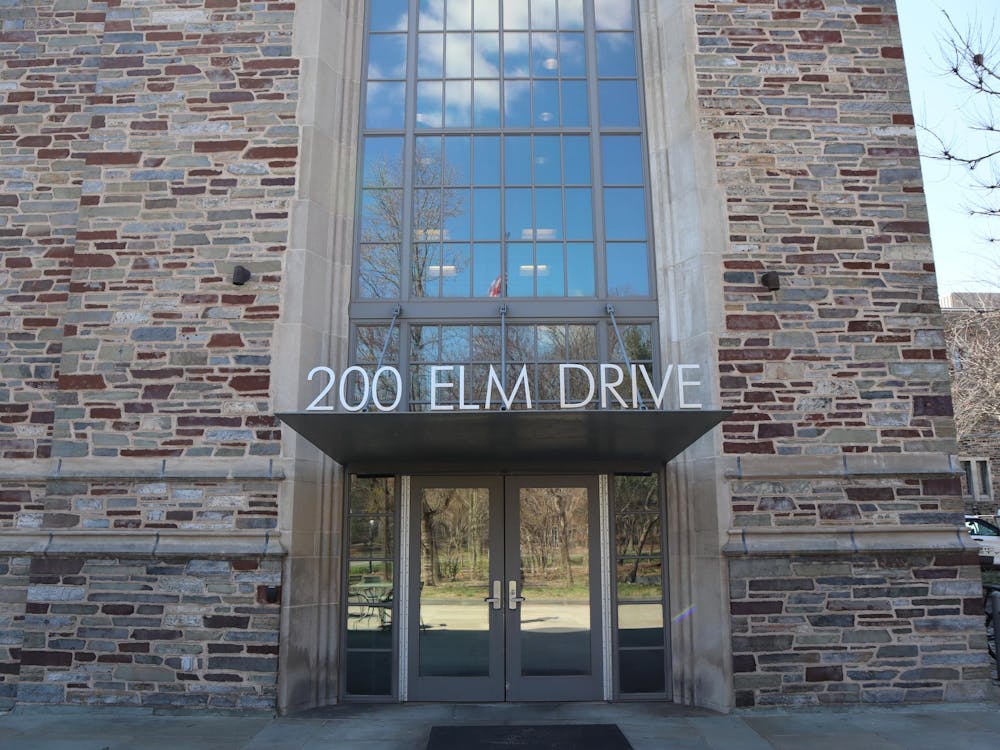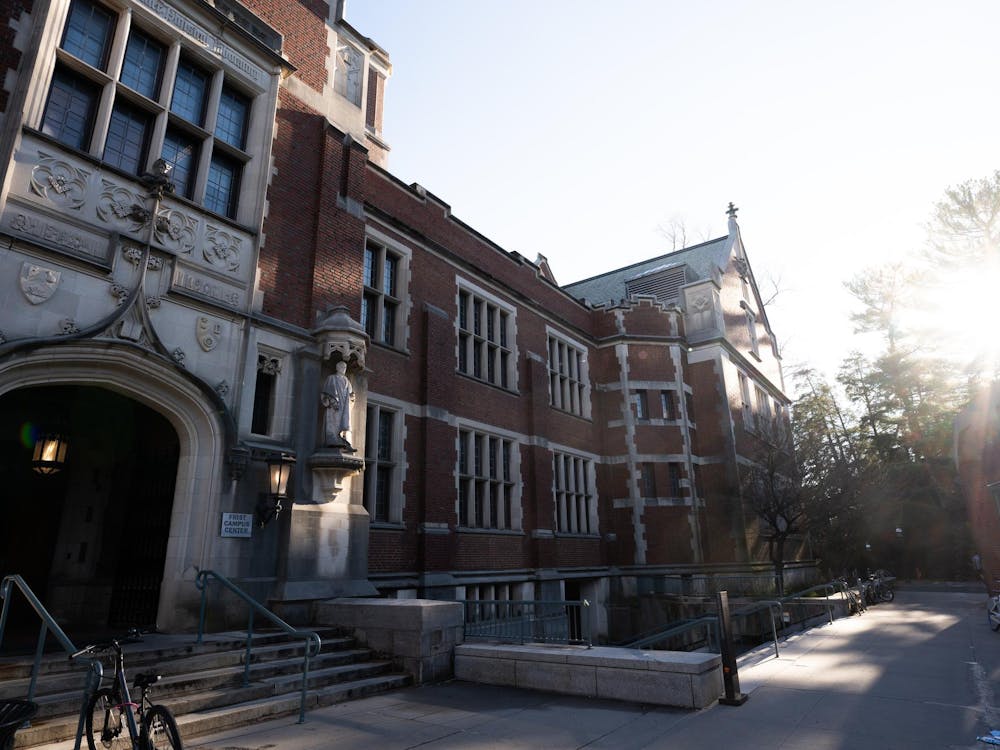The Supreme Court’s decision inFisher v. University of Texas at Austin, which upheld affirmative action policies, will not affect any University practices, according to University President Christopher Eisgruber ’83 in an interview with The Daily Princetonian.
Eisgruber had issued a statement the day of the decision expressing support for the ruling.
"The goal of creating a diverse, inclusive and equal society is fundamentally important to Princeton University, this country and the world. I am confident that Princeton's holistic admission policies have enhanced this University's contribution to that mission," he wrote in the statement.
Eisgruber further added that theFishercase is “fully consistent with our plans to encourage diversity in our faculty and our graduate student body.”
TheFishercase centered on Abigail Fisher, a student who had been rejected by the University of Texas at Austin during her senior year of high school. She sued the school on the grounds that UT Austin’s use of race in the admissions process violated the Equal Protection Clause of the 14thAmendment in the United States Constitution. The case first reached the Supreme Court in 2013, and the Court decided then that the U.S. Circuit Court of Appeals for the Fifth Circuit should review UT Austin’s admission policy again and apply the “strict scrutiny” test. The Fifth Circuit upheld UT Austin’s admission policy again, and Fisher was granted another hearing in the Supreme Court.
In a 4-3 decision on June 23, 2016, Supreme Court Justice Anthony Kennedy ruled against Fisher, and affirmed that universities should be able "to assess whether changing demographics have undermined the need for a race-conscious policy; and to identify the effects, both positive and negative, of the affirmative-action measures it deems necessary."
Kennedy was joined in his decision by Justices Sonia Sotomayor ’76, Ruth Bader Ginsburg and Stephen Breyer. Chief Justice John Roberts and Justices Samuel Alito ’72 and Clarence Thomas dissented. Justice Elena Kagan ’81 recused herself from the case, since she served as Solicitor General in 2013 when the case was first argued.
Eisgruber, who has a background in constitutional law, noted that those who claim affirmative action violates the Equal Protection Clause are not looking at the whole picture.
"The Constitution calls for equality, not for color-blindness,” Eisgruber said. “The Supreme Court has consistently and repeatedly recognized that there is a difference between using racial criteria to promote equality and using them to create inequality. In a society with a long history of racial injustice, the judicious use of racial criteria may sometimes be necessary to achieve genuine equality."
Eisgruber further added that the University’s undergraduate admissions policies will remain unchanged, and will still focus on “creating a student body that is diverse, inclusive and excellent.”
Dean of Admission Janet Rapelye was not available for comment.









